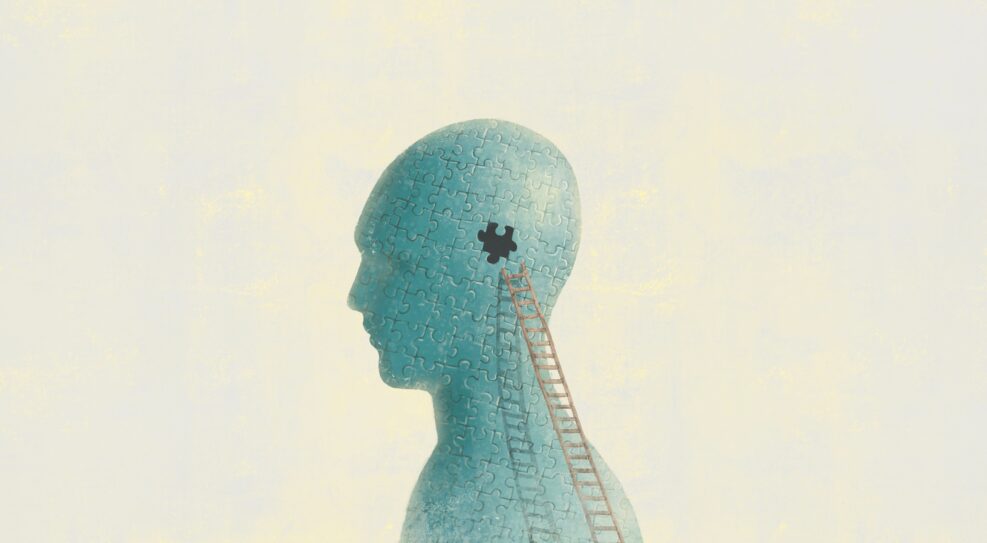
Joe Rogan Spins Bizarre Take on Evolution and AI
The podcaster thinks AI could become "God"Joe Rogan recently sat down with Tucker Carlson to have an often-bizarre conversation that involved everything from UFOs to evolution to saunas. Rogan’s comments on artificial intelligence, however, were some of the most provocative of the exchange, and reflected a sentiment common among futurists and transhumanists: AI could become a life form, evolve, and replace the human race. Rogan situates his views by noting that only humans think humans are important. In the grand scheme of the cosmos, human life is inconsequential. He went on to note that AI could become “God,” and evolve to a certain point where it would basically know everything there is to know. The question is: why would anyone want that, and why should that Read More ›


















